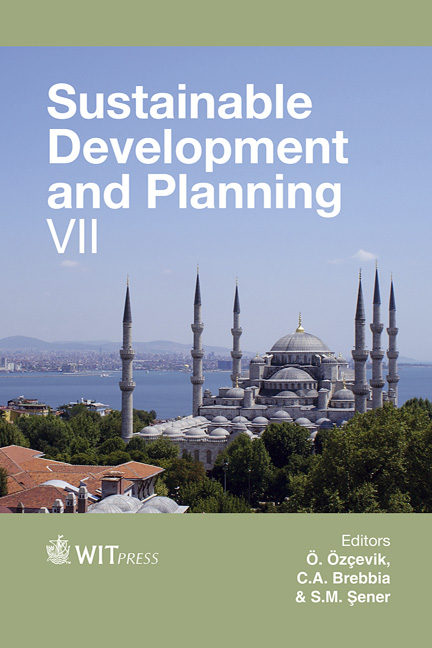A Multi-stakeholder Participatory Approach In Community-based Tourism Development: A Case Study From Thailand
Price
Free (open access)
Transaction
Volume
193
Pages
14
Page Range
915 - 928
Published
2015
Size
480 kb
Paper DOI
10.2495/SDP150771
Copyright
WIT Press
Author(s)
W. Phanumat, N. Sangsnit, C. Mitrchob, S. Keasang, P. Noithammaraj
Abstract
Stakeholder participation has been described as an essential element in successful sustainable tourism development as it helps coordinate and balance decision-making based on the needs and interests of relevant parties. A top-down tourism development policy helps speed up development, but does not always produce a positive outcome for the host communities who have to live with tourism. In an effort to better distribute the benefits of tourism for host communities, Designated Areas for Sustainable Tourism Administration (DASTA), a tourism public organisation in Thailand, has started to implement a multi-stakeholder participatory approach in community-based tourism development. This paper presents the multi-stakeholder participation model in community-based tourism development in Thailand concentrating on the role of DASTA in reducing the barriers for implementing active participation for the benefit of the host community. The result can be a case study for tourism administrations to apply especially in developing countries where the participatory approach is not widely or actively implemented.
Keywords
stakeholder participation, community-based tourism, public sector role, government role, sustainable tourism development, participation barrier reduction





